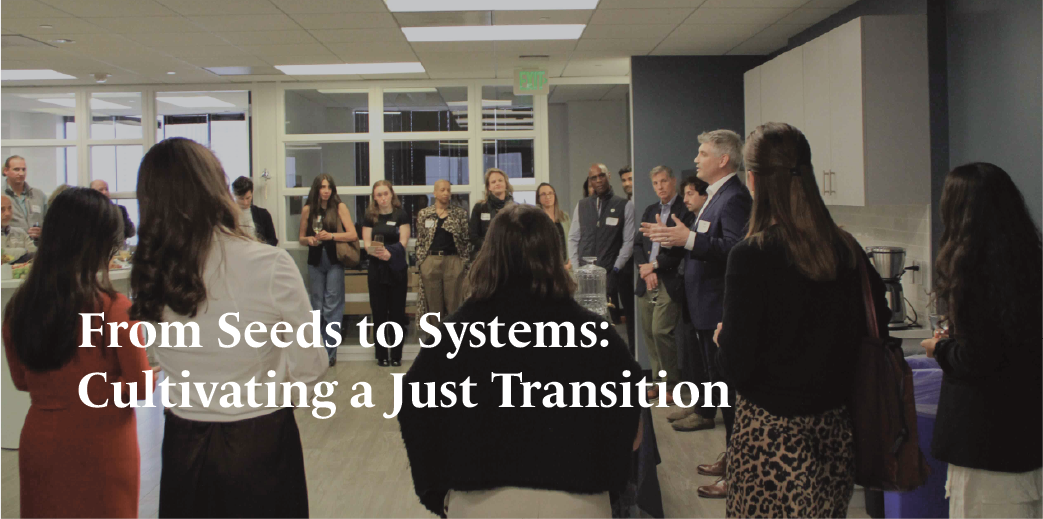Young Markets, By Patrick Young
July 25, 2014
Impact investing represents a potential additional funding stream for development, but the field is still evolving and those working in it warn we may be expecting too much, too soon.
While the field may be beyond its initial phase, stakeholders focused on building the infrastructure and proving its case agree that there is still much work to be done.
Impact investments are made with the intention of generating measurable social and environmental impact, along with a financial return. It’s clear that the sum invested in this way is growing — a recent study showed that last year about $10.6 billion in impact investments were made and investors intend to commit this year a further $12.7 billion or 19 percent more.
The study by JP Morgan Social Finance and the Global Impact Investing Network also highlighted that about 70 percent of the total money is invested in emerging markets, and that investors are most planning to increase their allocations in sub-Saharan Africa.
Emerging markets in particular present opportunities for impact investing as increasingly companies are using market-based solutions to tackle development challenges, Bart Houlahan, co-founder of B Lab, told Devex. While impact investing is not going to replace donor funding, he said, it may provide the opportunity to scale more quickly and effectively in situations where market-based approaches to development challenges are possible.
“There has been a shift from strong headwinds to tailwinds in regards to interest, but that hasn’t translated into significant meaningful capital being deployed,” Sonen Capital CEO Raul Pomares noted in an interview with Devex.
See the full article on Young Markets.


